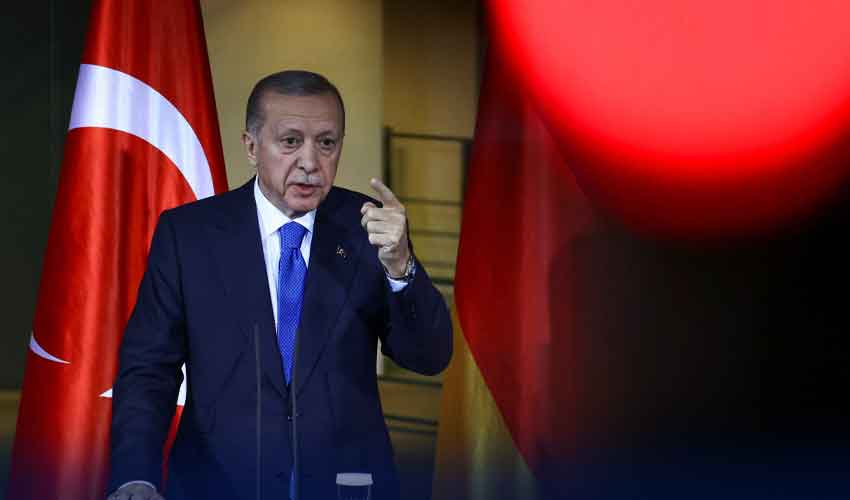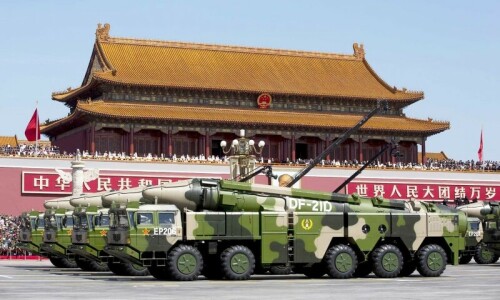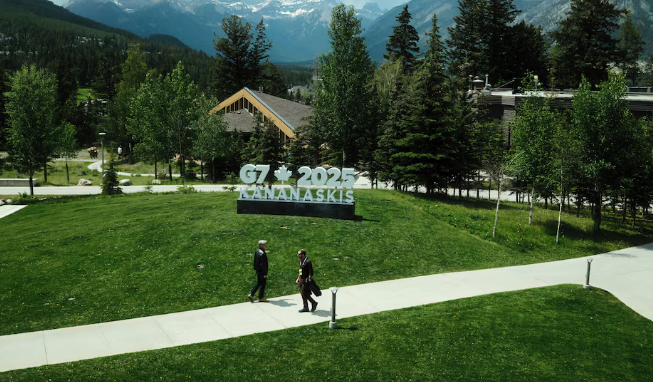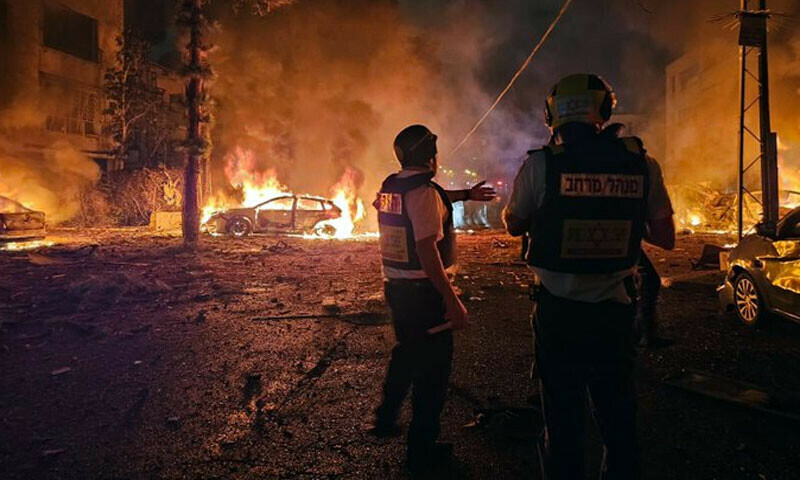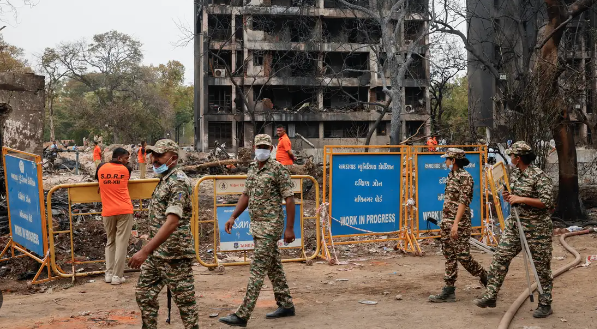WORLD NEWS
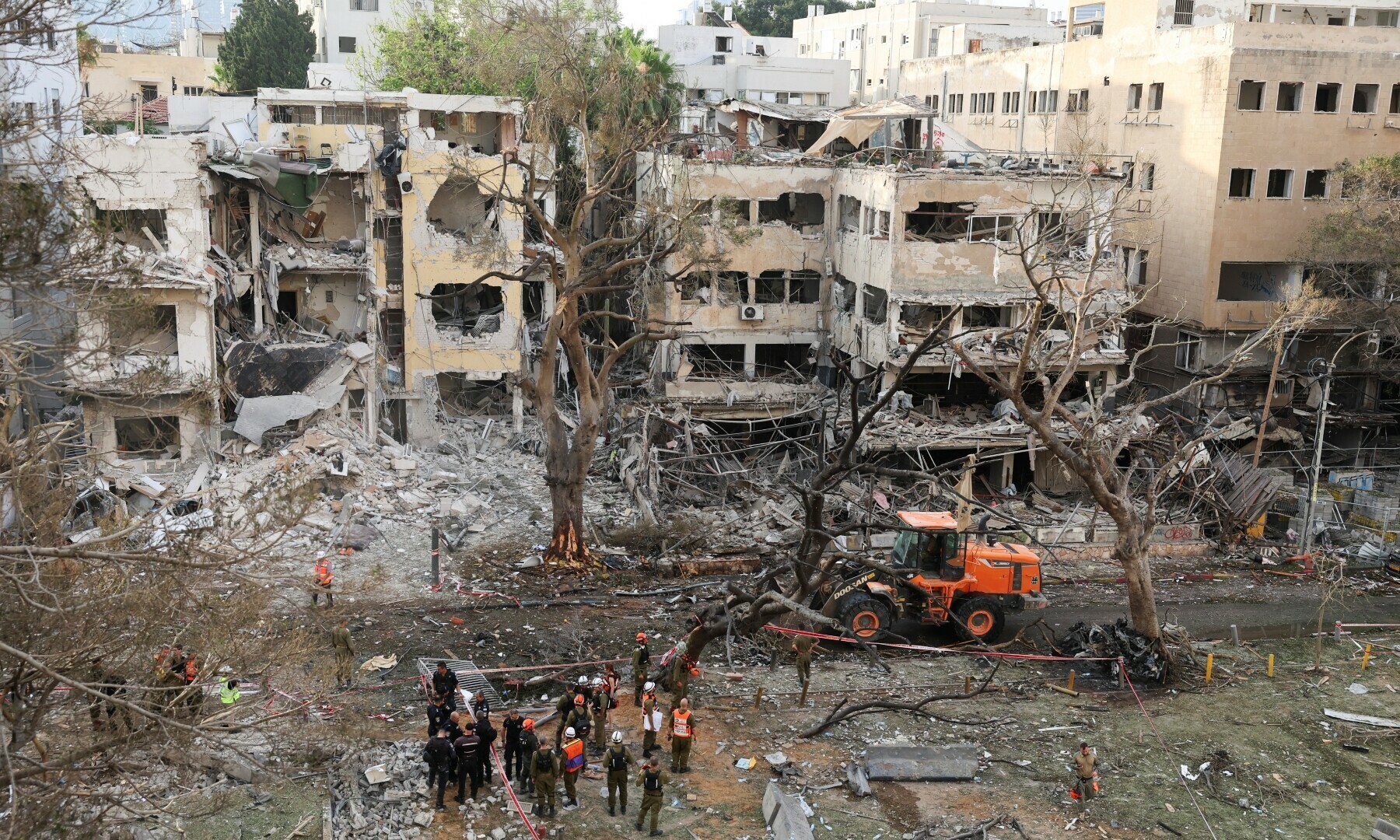
The war between Iran and Israel has entered a dangerously volatile stage, as missile exchanges, civilian casualties, and international mediation efforts shape a growing regional catastrophe.
Tehran, Tel Aviv Under Fire
On Monday, Iran launched a fresh barrage of over 100 ballistic and hypersonic missiles targeting Israel. Israel’s Haifa, Tel Aviv, and Bat Yam suffered heavy damages, with key infrastructure like power plants, oil refineries, and residential neighborhoods set ablaze. Israeli defense officials confirmed 23 deaths since Friday, with more than 100 wounded in the latest overnight blitz.
In retaliation, Israel launched strikes deep into Iranian territory, including the heart of Tehran. Explosions rocked Iran’s capital as Israeli missiles struck fuel depots and the Foreign Ministry building. State media confirmed the deaths of several top commanders of the Islamic Revolutionary Guard Corps (IRGC), including General Mohammad Kazemi, Deputy General Hassan Mohaqiq, and General Mohsen Baqeri.
Iran’s Health Ministry reports 224 people killed so far, with 90% being civilians, including women and children. Over 1,200 others have been injured.
International Alarm Grows
Global powers are raising red flags. Russian President Vladimir Putin and Turkish President Recep Tayyip Erdoğan urged an immediate ceasefire. In a joint statement, both leaders condemned Israeli attacks and proposed a return to nuclear diplomacy.
Turkey offered to mediate, and the Kremlin reiterated its offer to store Iranian enriched uranium in Russia as a de-escalation mechanism. Kremlin spokesperson Dmitry Peskov warned that the situation is “escalating more than seriously,” and emphasized the need to eliminate the root causes of the crisis.
Trump, Netanyahu, and Regime Change
Former US President Donald Trump reportedly vetoed an Israeli plan to assassinate Iran’s Supreme Leader Ayatollah Khamenei, calling instead for a possible diplomatic solution. Trump said he had discussed mediation options with Russian President Putin and hinted that the US could get “involved” if American interests are attacked.
Israeli Prime Minister Benjamin Netanyahu neither confirmed nor denied the assassination plan but warned that “Iran will pay a heavy price.” He also suggested that regime change in Tehran "could be the result" of Israel’s military actions.
Missile Barrage and Civilian Fear
Footage from Haifa and Tel Aviv showed plumes of smoke, collapsed buildings, and emergency teams searching for survivors. Israeli officials confirmed that hypersonic missiles struck several urban areas, including Shuk HaCarmel market and the city of Bnei Brak.
In Tehran, terrified residents described sleepless nights and destruction in civilian neighborhoods. “It is natural that war has its stress, but I will not leave my city,” said one resident.
Espionage and Executions
Amid the chaos, Iran executed a man accused of spying for Mossad. Iranian media also reported the arrest of two more alleged Israeli agents. Meanwhile, Israel said it had detained individuals connected to Iranian intelligence.
Nuclear Tensions Rise
Iranian President Masoud Pezeshkian reiterated that Tehran has no plans to build nuclear weapons, citing a fatwa from Supreme Leader Khamenei. However, he warned that Iran could withdraw from the Nuclear Non-Proliferation Treaty (NPT) if Israeli aggression continues.
Iran’s Foreign Minister Abbas Araghchi accused the US of backing Israeli strikes and announced a suspension of indirect nuclear talks with Washington.
A Fragile Future
As cities burn and civilians suffer on both sides, hopes for de-escalation lie in the hands of international diplomacy. But with missiles flying, leaders posturing, and the possibility of broader regional fallout, the road to peace appears long and perilous.
